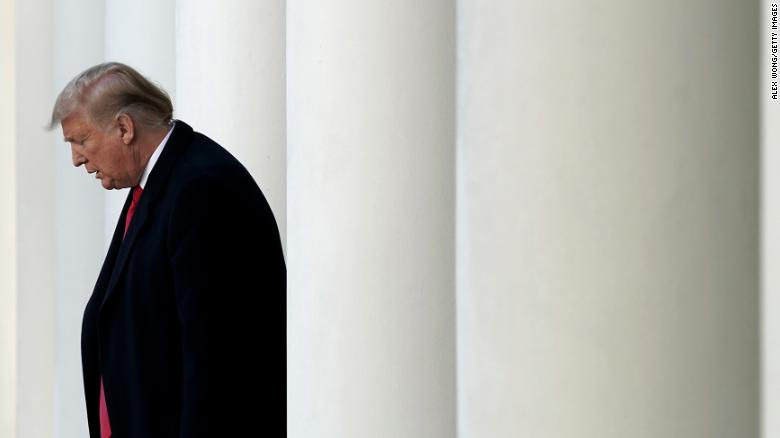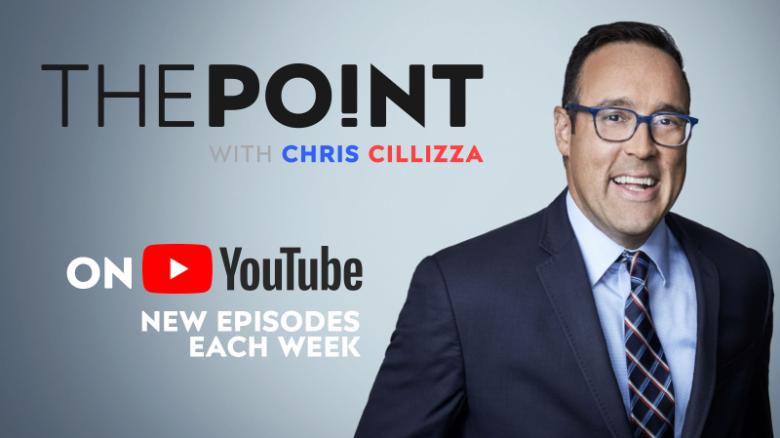Donald Trump isn’t president anymore.
So questions about whether he paid his taxes — and how much he paid — and how much he knew about the hush money paid during 2016 to two women alleging they had extramartial affairs with him, which he denies, might not seem like they matter as much anymore.
But they do. And there’s a quote in Jane Mayer’s new profile of Manhattan District Attorney Cyrus Vance Jr., who is conducted an investigation into Trump’s finances, that explains why.
Here it is, from New York University historian Ruth Ben-Ghiat:
“Trumpism isn’t just about him. It’s a whole way of being in the world. It’s about secrecy, domination, trickery, and fraud.”
That is correct. And said better than I ever could.
Trump — in both his business life and his four-year stint in the White House — embodied the idea that if you are rich and powerful enough, you can say and do whatever you want. Whatever you want with women, with money, with the levers of the government.
One exchange between Trump and Hillary Clinton in a 2016 presidential debate typifies Trump’s view of the world. Attacked by Clinton for not paying federal taxes for a numbers of years, Trump shot back: “That makes me smart.”
It’s that street-fighter image — of a guy who operates under the theory that it’s only a crime if you get caught — that Trump has spent a lifetime cultivating, and his presidency aimed to normalize.
The impact of having a president who seems to operate in a consequence-free environment is hard to overstate. When a candidate for president says that he “could stand in the middle of 5th Avenue and shoot somebody and I wouldn’t lose voters,” well, it suggests to all of his followers that the normal rules don’t apply to him (or them).
Which brings me back to Vance’s investigation — as well as a slew of other pending legal problems for Trump and his immediate family.
What’s at stake here is more than just whether Trump broke any laws. What these cases are also about is whether the most powerful (and wealthy) among us are subject to the established rules that the vast majority of Americans live by.
Whether he is punished — and how — will send a clear signal to the country about how a citizen is allowed to act, particularly when they hold a powerful elected office.
That’s not to say that if Trump faces serious charges in any of these cases, he or his supporters will ever acknowledge even the possibility of his guilt. They won’t — choosing instead to blame the “deep state” or the liberal media or something.
But for the rest of the country, how Trump’s legal fights turn out matters. Because the decisions will send a clear message on whether who you are matters more than what you did when it comes to our laws.
The Point: Trump isn’t president anymore. Trumpism lives on. And the fight to define what it means and how powerful it will be is very much on.
>>>>

